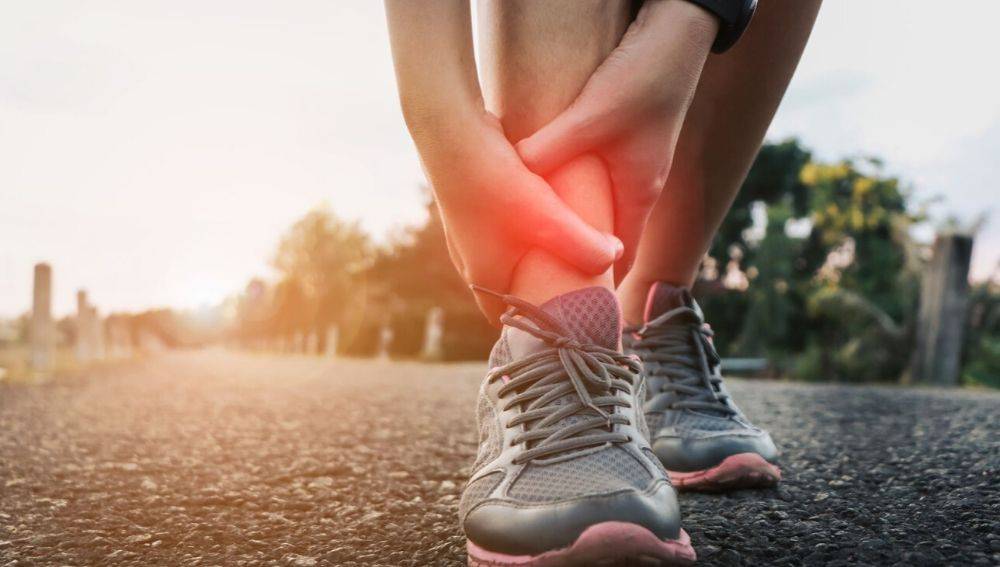Your Cart is Empty
How to nail your pre & post workout nutrition
April 26, 2023 4 min read

We get it. Knowing what to eat and when, can seem a bit confusing. Especially if you’re just getting started with a health and fitness goal. This blog will break down the principles of pre and post training nutrition so you can make the most of your sessions.
WHY IS PRE & POST WORKOUT NUTRITION IMPORTANT?
Let’s start with “why”. You might hear that you need to “fuel” your workouts, in the same way you need to put petrol in a car to keep it running. You can’t expect your car to run properly on an empty tank. Sure you might be able to get out a few km’s – but you’re not going to be able to get very far.
The same can be said for your body. Planning your food choices and being mindful of certain macronutrients will improve your performance at the gym, increase muscle growth, speed up recovery and even improve your mood after a workout.
1. TIMING
PRE-WORKOUT
You want to consume some type of meal or snack within 3hrs of training. Depending on when you plan to workout, the size of the meal can change slightly. In short - the sooner you’re training, the smaller and easier to digest you want your meal.
So that might look like one of the following:
-
A large meal 2-3hrs prior to training
-
A medium/small meal 1-1.5hrs prior to training
-
A small energy dense snack <1hr to training
This will allow your food to mostly digest by the time you head to your workout. This is essentially a golden window that ensures you utilise the Calories from your meal, while avoiding feeling lethargic or having any digestion discomfort while training.
POST-WORKOUT
You should ideally eat your post-workout meal ideally somewhere between 30-90 minutes after training. This will help quickly replenish the glycogen stores in your muscles and encourage optimal muscle protein synthesis to increase recovery, repair and muscle gain.
2. PROTEIN
When it comes to pre and post workout, protein is pretty important! It is the building blocks of your body and is principal to muscle growth and recovery. Having an adequate amount of protein will increase strength, muscle growth, lean body mass, and physical performance. So it’s something you want to keep in mind when planning your meals around your training.
Including around 20–40g of protein both before-and-after your training session is shown to maximally stimulate muscle growth. You want to pick a complete protein - like meat and eggs, or a complete plant-protein like tofu, tempeh or a soy-based protein.
PRO TIP
A protein powder is a really useful and convenient way to get your protein in post-workout. Try a Premium Plant Protein or Whey Protein Isolate.
3. CARBS
Carbohydrates are our body’s preferred energy source and vital to train hard and recover well. So they’re pretty important when it comes to our pre & post workout nutrition.
Your pre and post training meals should be dense in carbohydrates. Roughly, you want 20-30% of your total daily carbs in each meal. So for a person consuming 200g of carbs per day, they would have 40-60g of carbs in their pre-workout and then 40-60g of carbs again in their post workout.
PRO TIP
Training really soon but haven’t eaten? Cluster Dextrin provides a rapid release of carbohydrate to fuel exercise.
4. FATS
Fats are generally the least important macronutrient when it comes to your pre-and-post workout nutrition. But they are a consideration for your pre-workout meal.
A meal high in fats slows down digestion of carbs and protein and can cause GI distress around training. It’s not an issue if you’re eating 2-3hrs away from training but may be more of a concern closer to training. Focus on making carbs and protein the primarily focus of your meal if you’re eating less than 2hrs from training.
5. HYDRATION
While not directly related to your food, hydration plays an important role in training nutrition/ Dehydration increases your body temperature and heart rate and decreases blood volume. This reduces performance, skill level, endurance, strength, and increases fatigue during training.
Depending on the exercise intensity and duration, a good guide is to have two cups of water 2-3 hours prior to exercise, and one cup of water 10 to 20 minutes before working out.
During exercise, aim for around one cup of water for every 15 to 30 minutes of intense physical activity, especially if you are sweating profusely or are training in a heated environment. If you’re completing a long workout over 90 minutes, consuming a sports drink either before, during or after can help manage lost electrolytes from training.
Your Pre & Post Workout Nutrition Summary
-
Eaten within 3hrs of training
-
20-40g of protein
-
20-30% of your daily carbs
-
Lower in fat pre-workout
-
A few glasses of water

Caitlin Adler
Also in Diet and Nutrition

Best Supplements for Injury Recovery (And Nutrition Tips to Heal Faster)
May 21, 2025 6 min read
Read More Recent Articles
- Best Supplements for Injury Recovery (And Nutrition Tips to Heal Faster)
- Does Whey Protein Have Lactose? What You Need to Know
- Protein Shake for Breakfast: Is It a Healthy Choice?
- How to Bulk: A Complete Guide for Beginners
- 10 Quick Pre-workout Bites to Power Your Training
- Banish the Belly Bloat: Simple Solutions for a Flatter Feeling
- Navigating the Golden Years: Enhancing Mobility as You Age
- A Comprehensive Dive into the World of Biohacking
- Why you should try the Mediterranean Diet
- Managing Blood Sugar Spikes: A Comprehensive Guide for Better Health
${{amount}}










![[Batch-tested] Collagen Pro® - Protein Powder](http://www.vpa.com.au/cdn/shop/files/vpa-australia-collagen-powder_1600x.webp?v=1770851517)




